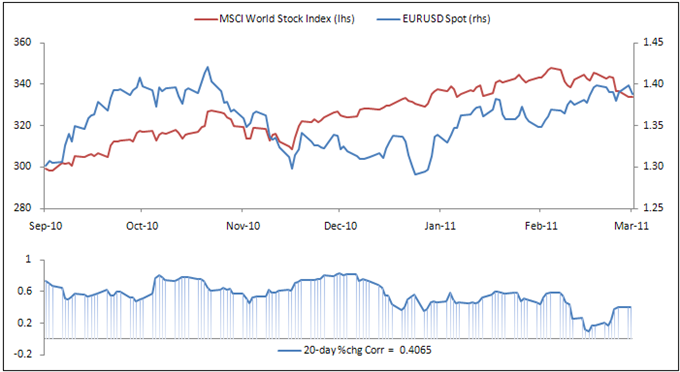Robinswood Financial Using Vanguard Index Funds as an Investment Strategy
Post on: 31 Июль, 2015 No Comment

Index Funds
How Do Index Funds Work?
Most investors see the market as representing the average rate of return. The historic research shown in part by S&P Dow Jones Indices. illustrates the recurring underperformance of the majority (80 percent on average)
The market is not the average;
the market is the top 20 percent.
of the mutual funds a majority of the time. The conclusion is that the market is not the average, but rather represents the to 20% of market performance.
To be part of that top 20 percent, you can invest in index funds. An index fund is a type of mutual fund that follows one of the stock market indexes. for example, the Dow Jones Industrial Average or S&P 500. Essentially, an index fund that follows the S&P 500 actually contains all the stocks that are members of the S&P 500 index.
The concept behind investing in index funds is that you can’t really beat the market, so you might as well join it. This is the basis of an investing theory called the efficient market hypothesis.
Back to Top
Why Are Index Funds Better?
We believe that investing in index funds is advantageous because they:
- Reduce your expenses because you’re not constantly buying and selling.
- Closely match the risks and returns of the investment category they represent.
- Often result in higher returns than the majority of other funds in similar categories.
- Allow you to remain always fully invested because there isn’t the internal buying and selling.
- Result in lower tax consequences because of minimal internal buying and selling.
The use of index funds in your portfolio puts into practice the concept of passive investing. Because an index fund contains the same securities as the market it’s
Index funds often result in higher returns than most other funds in similar categories.
based on—for example, the S&P 500—there is no need for a fund manager to continually buy and sell securities within the fund.
Passive investing is contrasted with active investing. in which a fund manager buys and sells what are hoped to be the right stocks at what is hoped to be the right time.
Keep in mind, however, that passive investing does not mean passive financial advisors. Your financial advisor reviews your portfolio carefully each month, makes adjustments to take advantage of a continually changing investment landscape, and periodically rebalances your portfolio to correct the inevitable drifts in your asset allocation. Read more about how your portfolio evolves over time.
Back to Top
Index Funds Provide Lower Costs and Higher Returns
There are two ways in which index funds reduce your cost of investing. First, index funds have much lower operating expenses, with typical expense ratios around 0.2 to 0.5 percent. Compare this with the 1.3 to 2.5 percent expense ratios typically charged for actively managed funds.
Secondly, the index funds used by Robinswood Financial are no-load or load-waived mutual funds, meaning you do not pay sales, marketing, and research costs that otherwise eat away at your earnings.
Over the short term, some mutual funds can outperform the market. But picking such funds out of the thousands that exist is extremely difficult. In addition, the costs in most mutual funds make it difficult to outperform an index fund over the long term. When you look at mutual fund performance over the long term, you see a trend of actively managed funds consistently underperforming the S&P 500 index.














